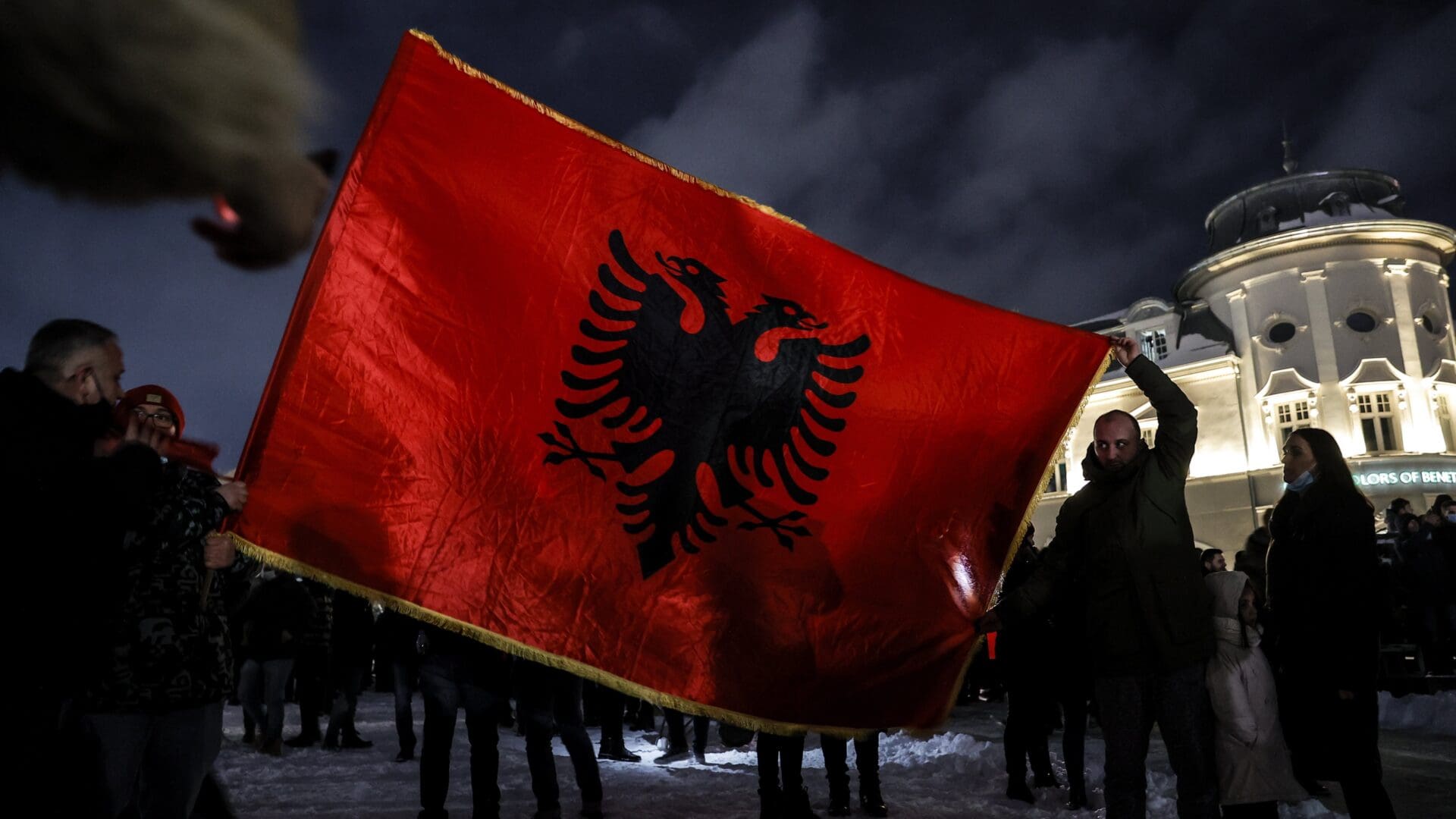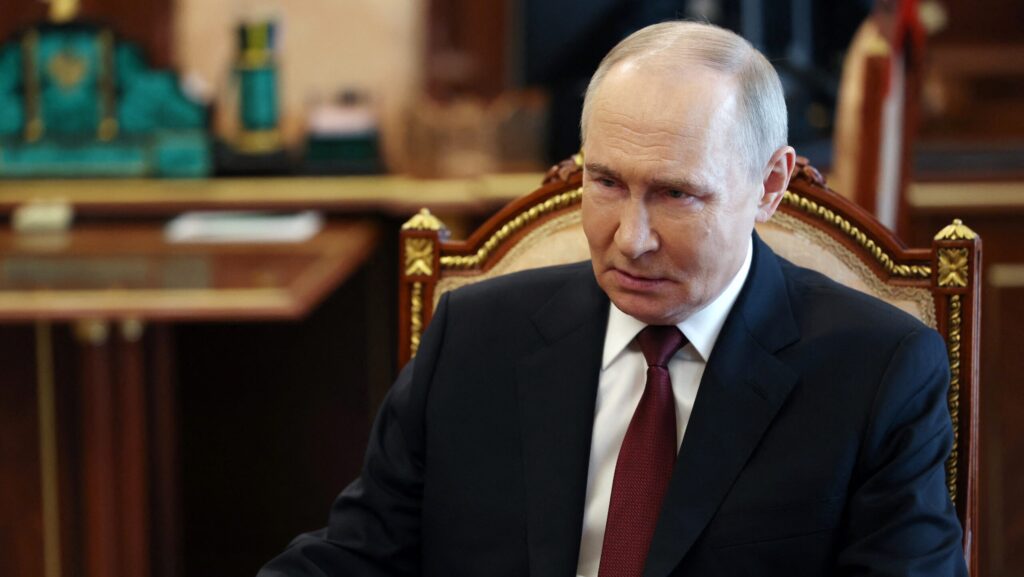Sparked by a dispute over the use of Serbia-issued car number plates in Kosovo, the Serbia–Kosovo conflict has gone through a series of political disputes and violent protests over the last couple of months. The end of the antagonism between the majority Albanian and the minority Serbian population is nowhere in sight, despite the efforts of the international community.
As part of the United States and the European Union’s attempts to normalise the situation between Serbia and Kosovo, the formation of a Union of Serbian Municipalities has been again put on the table. However, the proposal has been met with serious opposition domestically. In the last days of January, Albanians in Pristina protested against the formation of the Union outside Prime Minister Albin Kurti’s office. The protests took place on the same day that the US Embassy held closed-door meetings with Kosovar officials about the establishment of the Union.
Kosovo and Serbia signed an agreement on the establishing of a Union of Serbian Municipalities in Kosovo already back in 2013, but the plan was never implemented. If created, the Union would give more autonomy to ethnic Serbs in Kosovo as it would operate independently from Kosovo institutions. The Union would be established in the northern region of Kosovo, where the ethnic Serbian population is concentrated.
Those who object to the plans argue that the setting up of a Union of Serbian Municipalities is pushed by the international community, while locally it is not only highly unpopular among the Albanian population, but according to a ruling of the Constitutional Court, it is also unconstitutional. The situation, however, is further complicated by the fact that although Kosovo’s Constitutional Court indeed ruled that some provisions of the proposed Union must be changed, since the Kosovo Parliament has already ratified the agreement as it is, the country is obliged by international law to establish the Union.
The pressure from the international community is mounting. In January, the German Embassy in Kosovo warned Pristina that if the country wishes to secure the votes needed to become a member of the Council of Europe, it should not further delay the establishment of the Union. But Kosovars, including the prime minister, object to the division of the country along ethnic lines, as they fear it would create a quasi mini-state within Kosovo resembling the Republika Srpska in Bosnia and Herzegovina.
While Western European countries and the United States are putting pressure on Pristina to establish the Union of Serbian Municipalities to normalise the two countries’ relations, Croatian President Zoran Milanovic got tangled up in a controversy for saying that Kosovo’s independence from Serbia gave a precedent for other state’s territorial grabs, too, that is, for Russia to claim Crimea. The Croatian president also expressed concern regarding the West’s decision to supply Ukraine with weapons, arguing that it might drive Russia into Beijing’s arms. For Kyiv, on the other hand, the question of Kosovo is a difficult one. On the one hand, the country does not officially recognise Kosovo as an independent state because, as the Croatian president suggested, Russia regularly uses the example of Kosovo to justify the annexation of Crimea. On the other hand, since the beginning of the invasion, Kosovo has expressed great support for Ukraine. By contrast, Serbia’s unwillingness to adopt sanctions against Russia has generated a shift in Ukrainian public opinion with growing sympathy for Kosovo.
Budapest closely monitors the developments in the Western Balkans, as achieving and assisting peace and stability in the region is in Hungary’s interest, too. At the end of January, when Hungarian Defence Minister Kristóf Szalay-Bobrovniczky held talks with his Austrian counterpart in Budapest, he highlighted that the stability of the Western Balkans is a priority for both countries. Hungary has troops serving in NATO’s Kosovo mission (KFOR) as well as in NATO’s Bosnia and Herzegovina mission (EUFOR). Hungary also supports Western Balkans countries in their quest to become members of the European Union.








